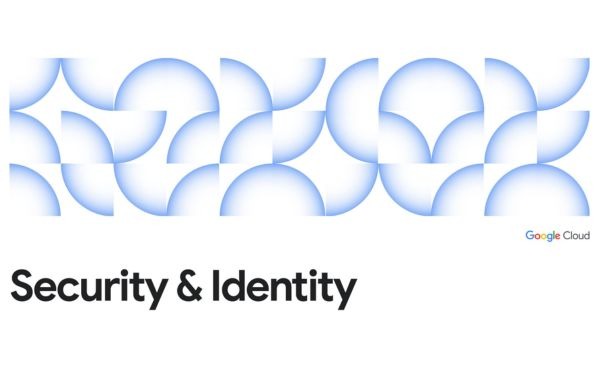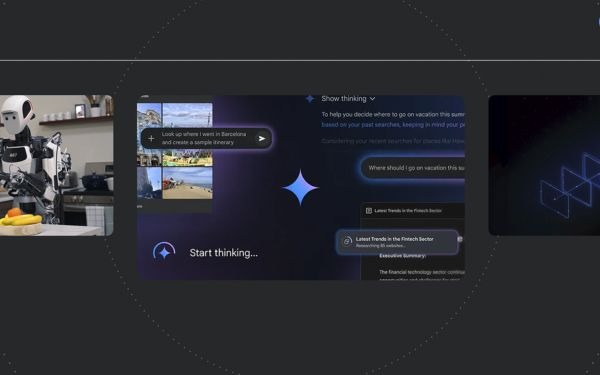Google Cloud liên tục đổi mới và đầu tư đáng kể vào khả năng ngăn…
Choose your data storage area
What’s new: Google's globally spread data centers have a huge role to play in reducing latency for multinational organizations and protecting their data, through geographic redundancy. However, some businesses and organizations will have requirements about where their data is stored, and Google is committed to meeting those requirements.
As an initial step in its commitment, Google supports customers who are using G Suite Business, Enterprise and Enterprise for Education. They are entitled to designate the area in which main information (primary data) of some G Suite apps is stored (globally, in the US, or in Europe).
Set up G Suite data zones
Setting up the data areas is not time consuming and quite easy. Google does not have a minimum seat requirement. As for the regions where your data is stored – you can change their location at any time and all data migrations will be completed within a few months. In addition, you can specify data storage of many sub-organizations (Organization Unit) in one region, or store data of the whole enterprise (same domain) in many regions.
Data Area Management
Google will facilitate businesses to manage their data areas seamlessly. For example, when the owner of a document file changes or moves to a different sub-organization, Google will automatically move the file to the corresponding location. This move will not affect user access to that file. (Example: There will be no downtime, no read-only access restrictions…).
Similarly, if a new employee joins the company, their data storage area is automatically defined, based on the respective sub-organization's policies.
Finally, as an added benefit, Google gives admins the ability to update detailed information about the status of their data migration, so admins can stay on top of any changes they've made.
G Suite data covered by data regions
At launch, you can assign data regions to key data in the following G Suite services: Gmail, Calendar, Drive, Hangouts Chat, Docs, Sheets, Slides, and Vault. Thereafter, Google will gradually add support for additional content and services.
Updated: Gimasys



